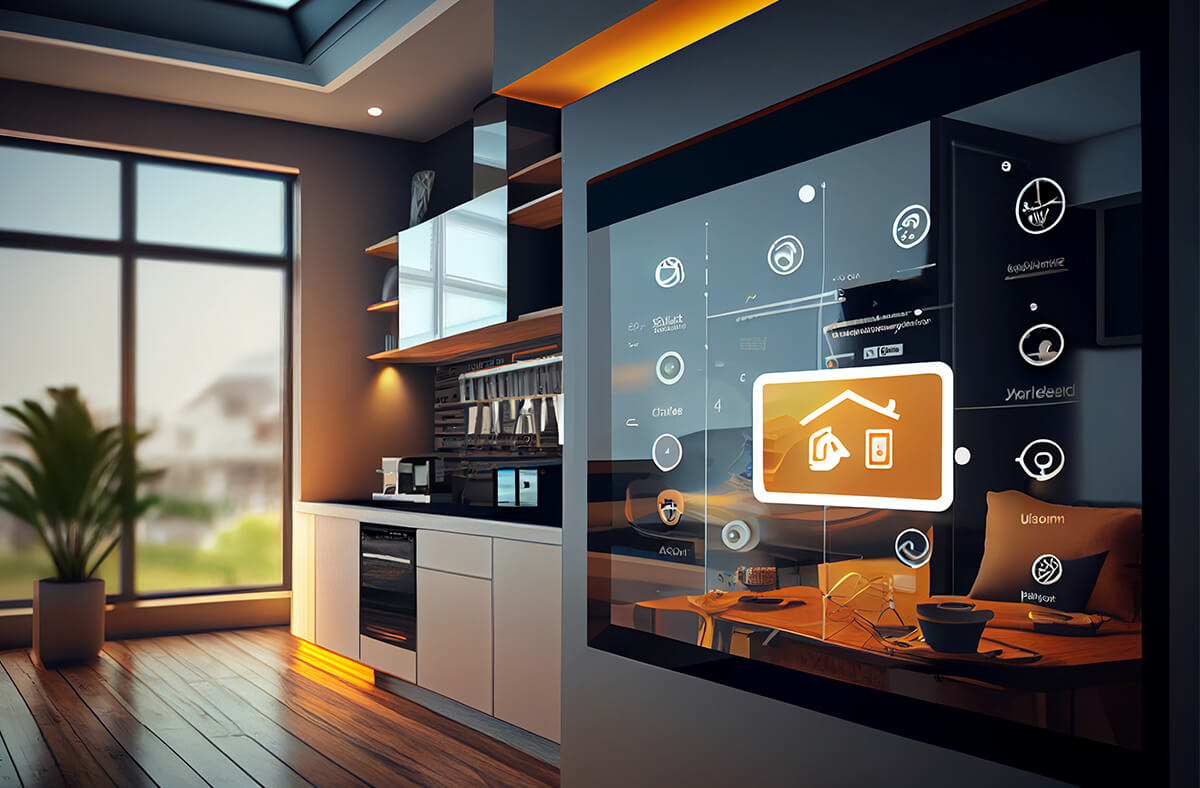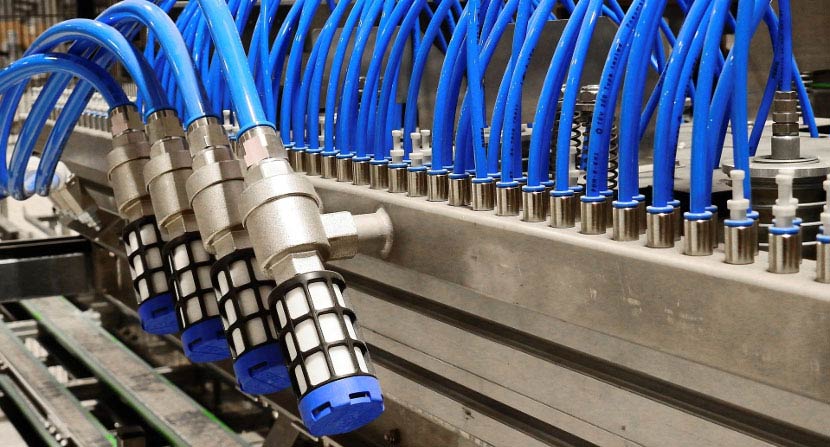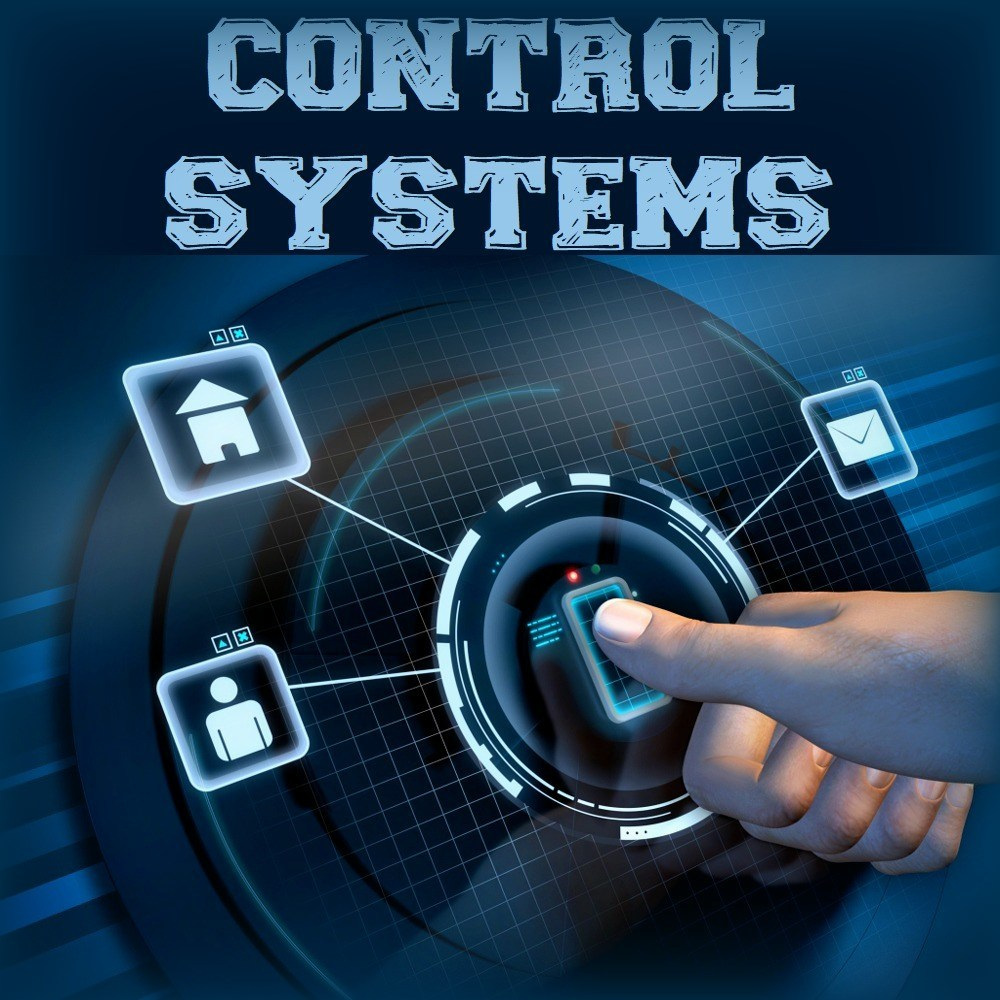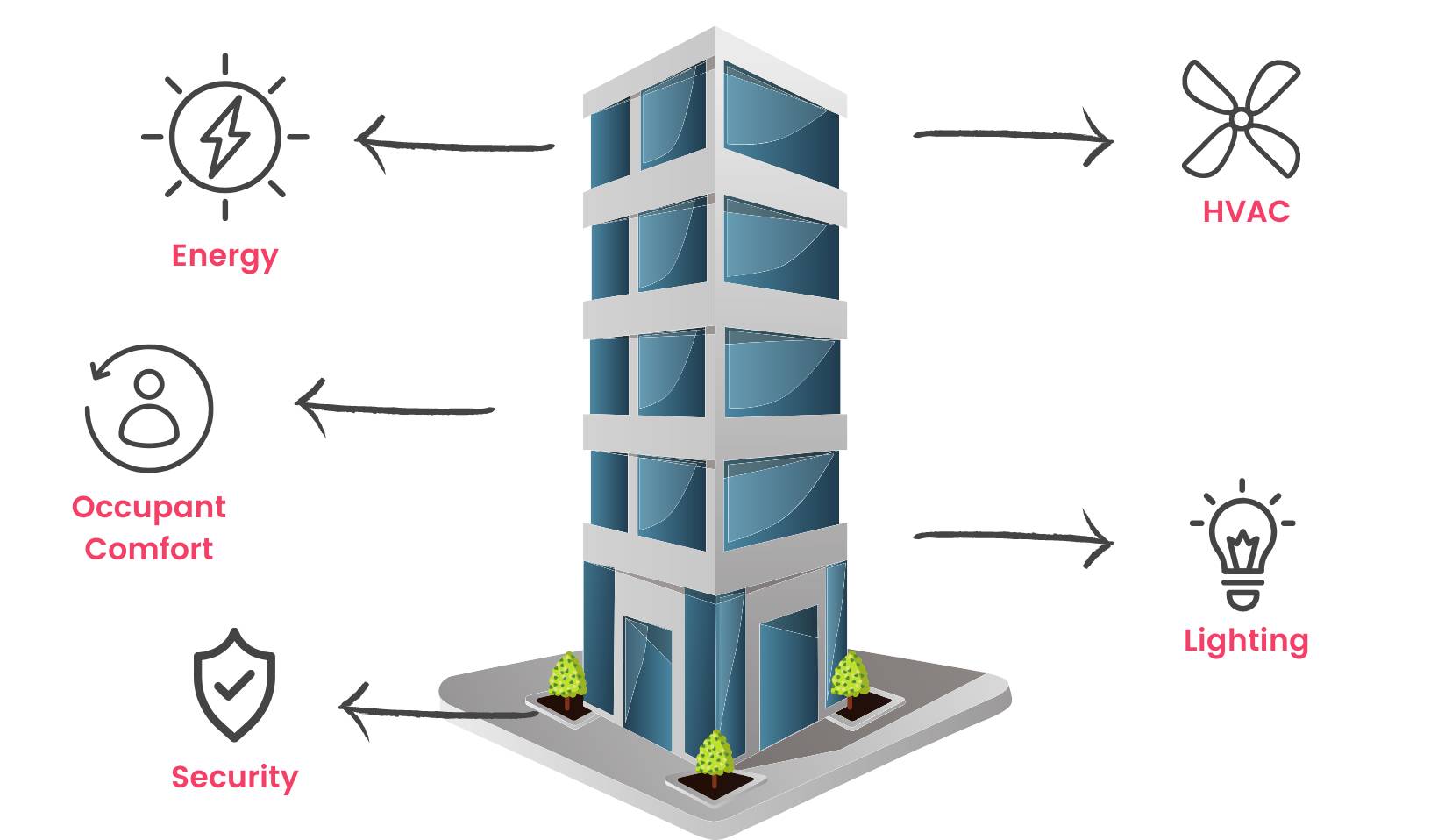Smart home systems: Intelligent technology for your home
Published

The future of living: introduction to smart home systems
Smart home systems represent an exciting revolution in the way we live and interact in our homes. Essentially, these are technological solutions designed to make our homes smarter, more efficient and more convenient. These systems make it possible to connect various devices and components in your home and control them from virtually anywhere. The basic idea behind smart home systems is to automate and remotely control various aspects of your home. You can seamlessly link lights, thermostats, security cameras, household appliances and much more. This not only enables convenient control, but also the opportunity to save energy, increase security measures and simplify everyday life. A central element in many smart home systems is the use of sensors and intelligent algorithms. This technology enables your home to react to changing conditions or your personal preferences. For example, the lighting can be automatically adjusted to mimic the course of daylight, or the heating can be controlled based on your presence in the room. The future of living with smart home systems promises a higher quality of life and efficiency. They allow you to adapt your home to your lifestyle while conserving resources. From energy savings to increased security and convenient control, smart home systems are undoubtedly an important part of future home decor.
Smart devices and technologies for a connected home
The world of smart devices and technologies for a connected home is constantly evolving and offers a variety of ways to transform your living space into an intelligent and comfortable environment. These devices are at the heart of a smart home system and can communicate seamlessly with each other to improve your quality of life. One of the most well-known categories of smart devices are intelligent thermostats. They enable precise control of room temperature and can save energy by adapting to your daily routine. Smart lighting systems are also extremely popular. They allow you to control lights remotely, adjust the brightness and even change the color of the light to create the atmosphere in your home. Security is another important aspect of smart home technologies. Smart doorbells with integrated cameras and motion sensors allow you to monitor and communicate with visitors no matter where you are. Indoor and outdoor surveillance cameras provide additional protection and the ability to monitor your home around the clock. The integration of voice assistants such as Amazon Alexa or Google Assistant into smart home systems makes it possible to control your home using simple voice commands. You can play your favorite music, check information or control connected devices without lifting a finger. The list of smart devices and technologies is almost endless and also includes smart door locks, smoke detectors, automatic blinds, irrigation systems and much more. These devices not only offer convenience, but can also help to conserve resources and increase safety. The world of smart devices and connected home technologies will continue to grow and offer new ways to make your home smarter and more efficient. Choosing the right devices depends on your individual needs and preferences, but one thing is certain: a smart home can enrich your lifestyle and take the comfort in your home to a new level.
Security and data protection in smart home systems
Security and data protection in smart home systems are crucial, as these systems process a wealth of personal information and sensitive data. While smart home technologies undoubtedly offer many benefits, users must also be mindful of the potential risks. A key security feature in smart home systems is access protection. This means that only authorized people, such as you and your family, can access the system. This is often ensured by passwords, biometric identification or other authentication methods. It is important to use strong passwords and update them regularly to prevent unauthorized access. Encryption of data is another key element in the security of smart home systems. Data transmissions between devices and servers should be encrypted to ensure that your personal information cannot be intercepted or compromised. The use of secure protocols and standards is of great importance here. Regularly updating software and firmware is another important security aspect. Manufacturers regularly release updates to close security gaps and improve the stability of their devices. It is crucial to install these updates promptly to protect your smart home from potential attacks. Data protection is also of great importance. Smart devices can collect a wealth of information about your habits and behavior. It's important to understand manufacturers' privacy policies and make sure you have control over the data you share. You should also be mindful of who else has access to your data and how it is used. Another protection mechanism is to segment your smart home network. This means separating sensitive devices such as security cameras or access control systems from other devices on the network to minimize the risk of compromise. Overall, security and privacy in smart home systems are essential to maintain user trust and minimize risk. The responsibility lies both with manufacturers, who must develop secure products, and with users, who should be aware of how they use their smart home technologies to protect their own data and the security of their home.
The integration of smart home technologies into everyday life
Integrating smart home technologies into everyday life offers a multitude of opportunities to make your life more convenient, efficient and fun. It's about making your home smarter and seamlessly integrating technology into your daily routine. One of the basic ways to achieve this is through centralized control. With a single application or voice-controlled assistant, you can control all your smart devices. This allows you to adjust lighting, heating, air conditioning and security systems with just a few clicks or a simple command. Automation also plays an important role. You can set scenarios and rules that react to certain events or schedules. For example, your smart home can automatically dim the lights when you start a movie or turn down the heating when you leave the house. Smart home technologies can also help to save energy. Smart thermostats can optimize energy consumption by adjusting the room temperature when you are not at home. Energy-efficient lighting systems automatically switch off when no one is in the room. Security is another important aspect of integrating smart home technologies. You can monitor your home remotely and receive notifications when unusual activity is detected. This creates a sense of security and reassurance. Entertainment is one area where smart home technologies can bring a lot of joy. You can set up your smart home to play music and movies in multiple rooms at the same time, or you can simply start your favorite music by voice command. The integration of smart home technologies also opens up new possibilities for communication and networking. You can let your devices communicate with each other and integrate them into the Internet of Things (IoT) to make your life even smoother. Overall, integrating smart home technologies into everyday life is about transforming your home into a smart, comfortable and efficient environment. The possibilities are many, and it's exciting to see how these technologies are becoming more and more part of our daily lives.








